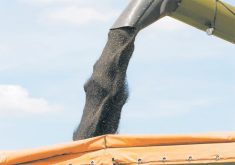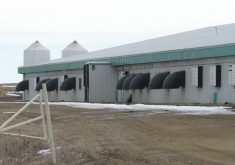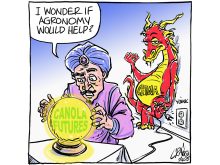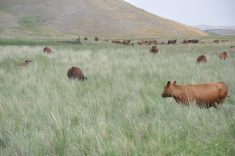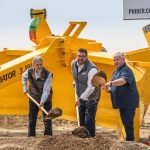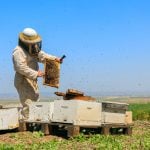Many policy choices are made on politics alone while other key decision-making elements like cost, science, and even common sense play a lesser or no role at all.
In the old days, this political math resulted in “bridges to nowhere” that cost millions and did little other than raise the local politician’s re-election odds.
Today, these exercises of magical thinking cost billions and enrich local oligarchs and distant financiers who then, in turn, bankroll the campaigns of favour-delivering politicians to ensure their gravy train continues to run on time.
Read Also
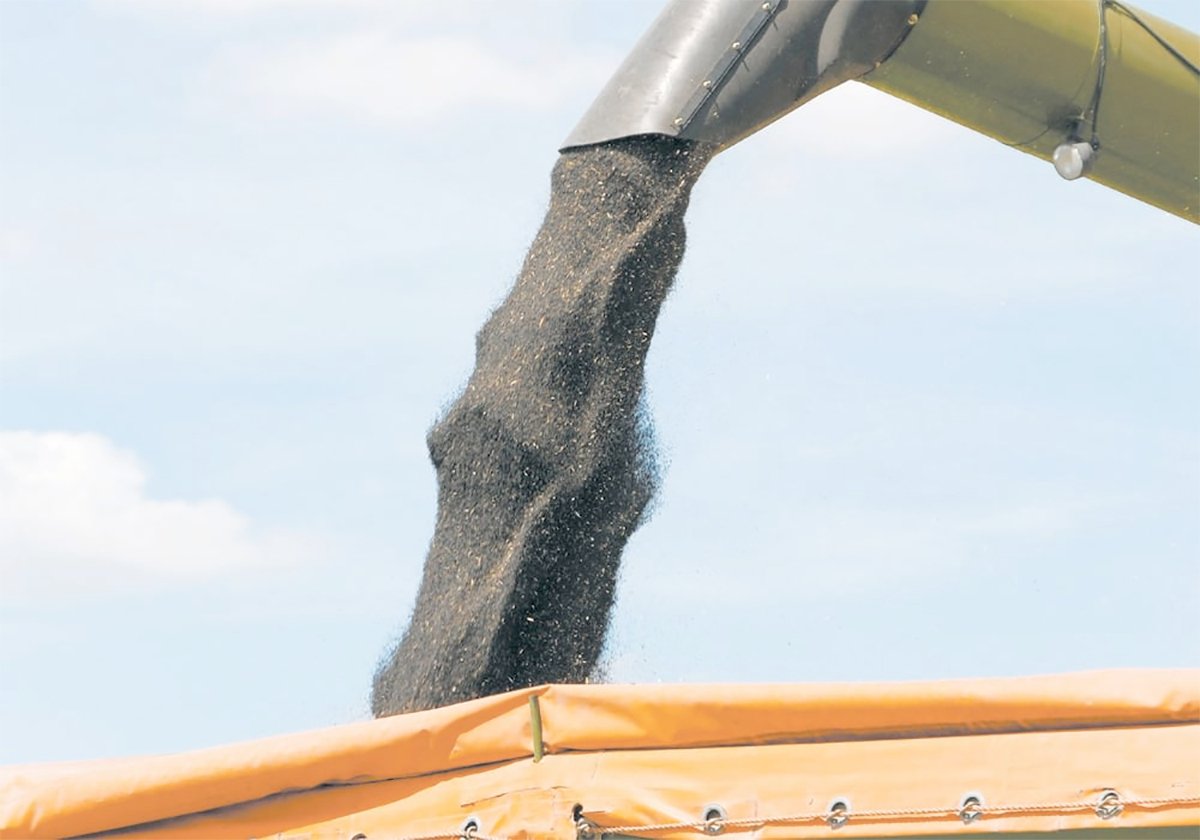
Determining tariff compensation will be difficult but necessary
Prime minister Mark Carney says his government will support canola farmers, yet estimating the loss and paying compensation in an equitable fashion will be no easy task, but it can be done.
Last November, the Oakland Institute, an independent policy think-tank in Oakland, California, published a detailed report on one of these costly, gassy trains: Summit Carbon Solutions’ 3,200-kilometre carbon pipeline across Iowa, Nebraska, Minnesota and North and South Dakota.
Summit calls its expensive, scientifically dubious project the Midwest Carbon Express because it hopes to tie 33 “biorefineries”, mostly ethanol plants, together with a pipeline ranging from “four inches to two feet in diameter and placed at least four feet underground” to carry compressed CO2 to North Dakota.
Once there, Summit claims, the CO2 will be “‘permanently and safely stored underground.’”
While all of that scrubbed pleasant-speak may sound like an innovative, ag-based way to somewhat balance the amount of climate-changing carbon emitted by today’s intensive livestock and cropping systems, the Oakland Institute sees it as a pressurized pipeline of baloney.
In fact, the institute uses another descriptive B word in the title of its 31-page report that gets right to the heart of Summit’s plan; it calls it “The Great Carbon Boondoggle.”
It’s worth taking a look at what Oakland found in its deep dive into Summit’s promises, partners and finances and why more farmers now seem to be denying Summit easements across their land than allowing them.
First, however, explains Oakland, backers of Summit’s carbon capture and storage (CCS) technology overlook “the growing body of evidence exposing CCS as a false climate solution…”. Indeed, “despite billions of taxpayer dollars spent on CCS to date… it has not been proven feasible or economic at scale.’”
Even more damning, the report continues, “over 95 percent of the CO2 captured by these plants”, mostly ethanol, natural gas processing, or fertilizer plants, “is currently used for enhanced oil recovery (EOR) … to boost oil production” that is then refined and burned to create even more CO2.
Summit won’t say what the CO2 will, in the end, be used for, but maps of its proposed pipeline route show the five-state network ending in North Dakota, home of one of the nation’s largest “frac” oil fields, the Bakken, that relies almost entirely on enhanced oil recovery techniques to keep its thick crude oil pumping and its carbon-black river running.
Furthermore, “Summit also claims the pipeline will ‘bolster the ethanol and agriculture industries’ by making the ethanol produced at their partner facilities net zero fuel by 2030.” More Grade A baloney, says Oakland.
The think-tank isn’t the only group questioning Summit’s grandiose Midwest Carbon Express. Farmers, too, are less than enthusiastic about granting Summit pipeline easements, no matter its size or depth, across their land.
According to Oakland’s report, Summit began gathering voluntary easements in the summer of 2021 along its planned route. By August, Summit claimed to have “agreements with 1,400 landowners (on) 2,200 tracts of land across the entire Midwest” and “easements” with 700 landowners on 1,500 parcels in Iowa alone.
Last August, however, sign-ups appeared to have slowed to the point, Oakland continues, that “the company announced plans to begin filing for eminent domain against balking landowners.”
And it’s just not farmers on or near the pipeline’s path that are balking. According to Oakland, a “2022 poll of Iowa voters indicated 80 percent opposed the use of eminent domain for carbon pipelines.”
So, if the Midwest Carbon Express pipeline isn’t “green” and isn’t wanted by environmentalists and landowners alike, why is it still such a talked-about issue in midwestern agriculture?
Two reasons: money and politics.
Alan Guebert is an agricultural commentator from Illinois.



